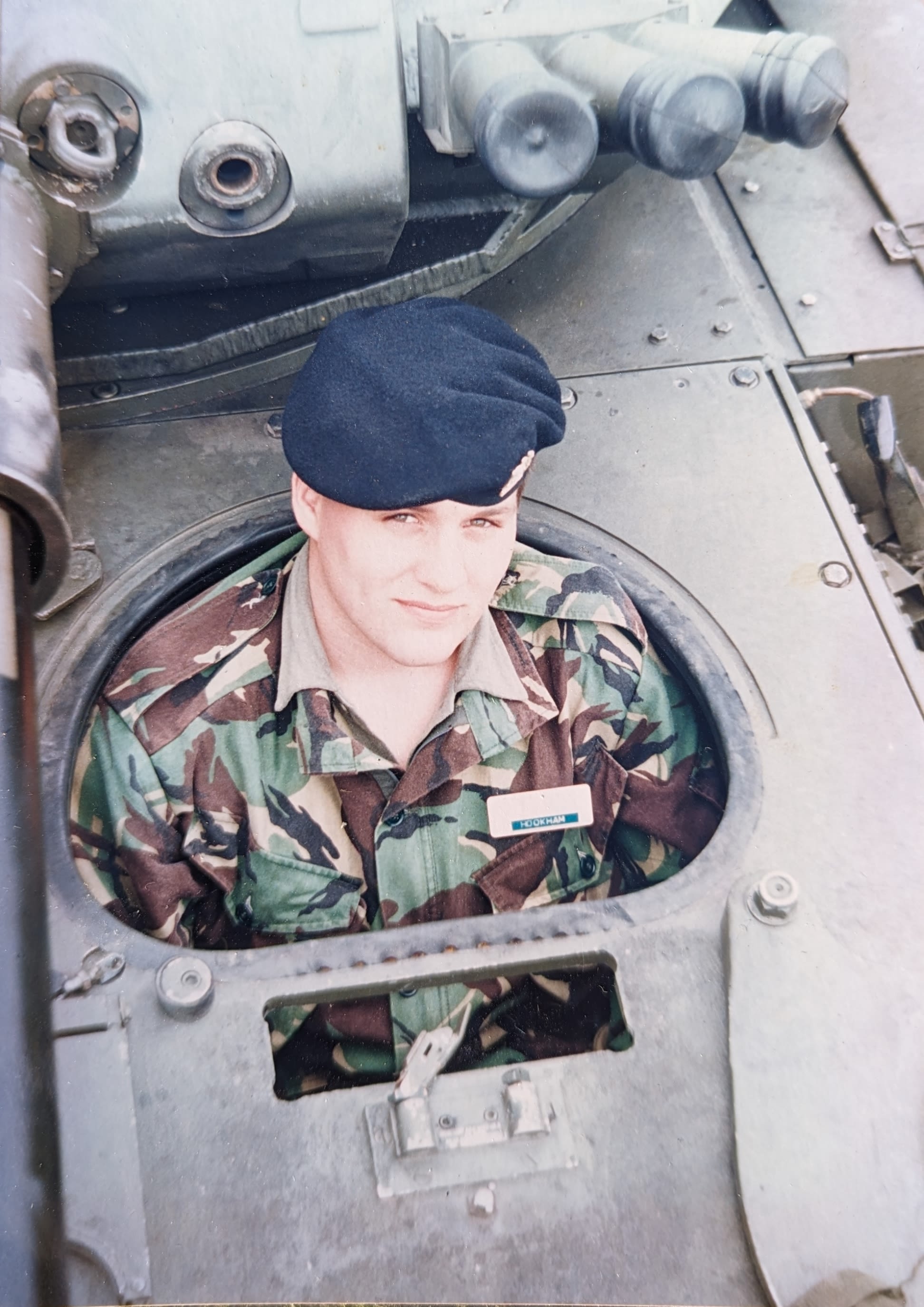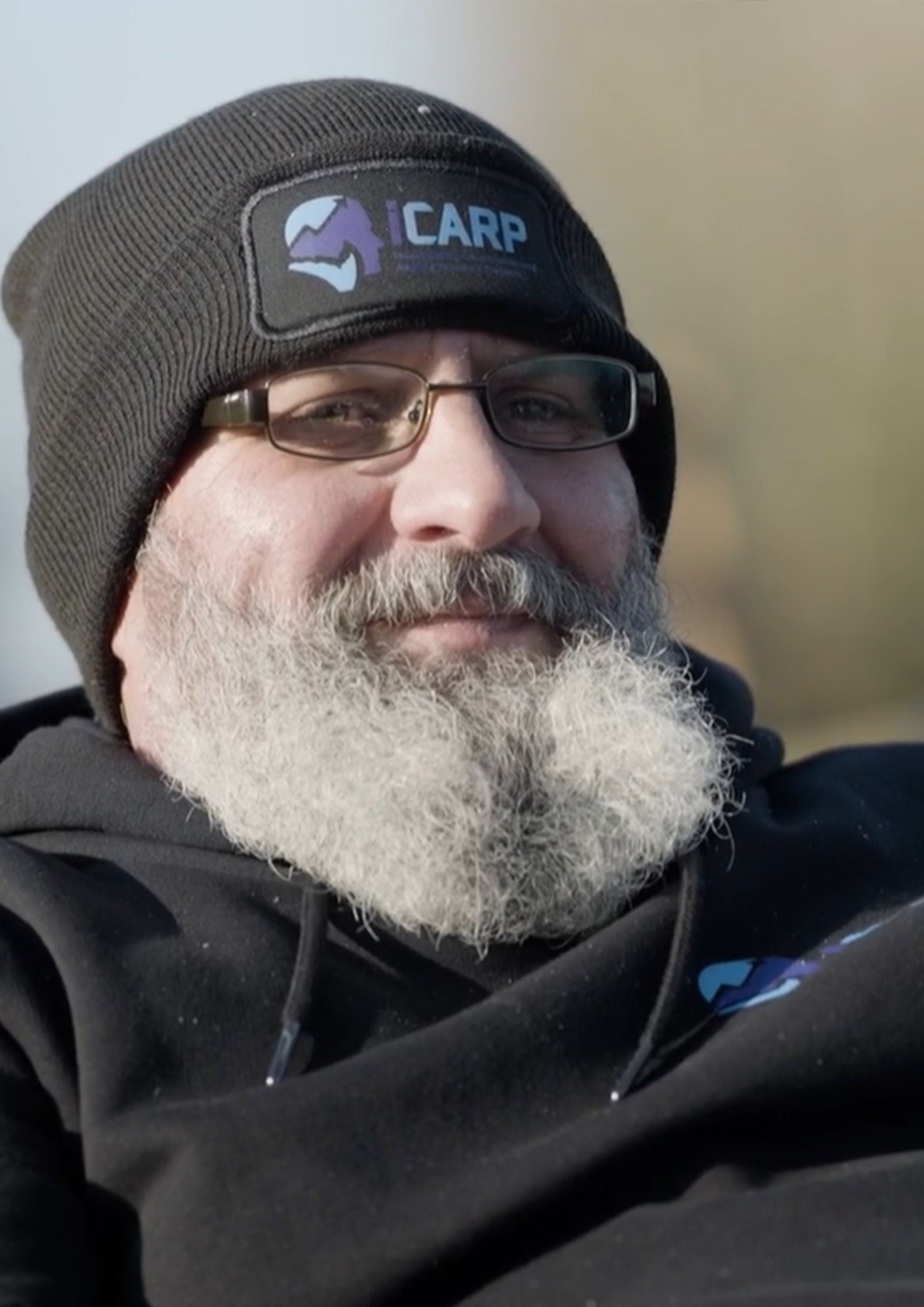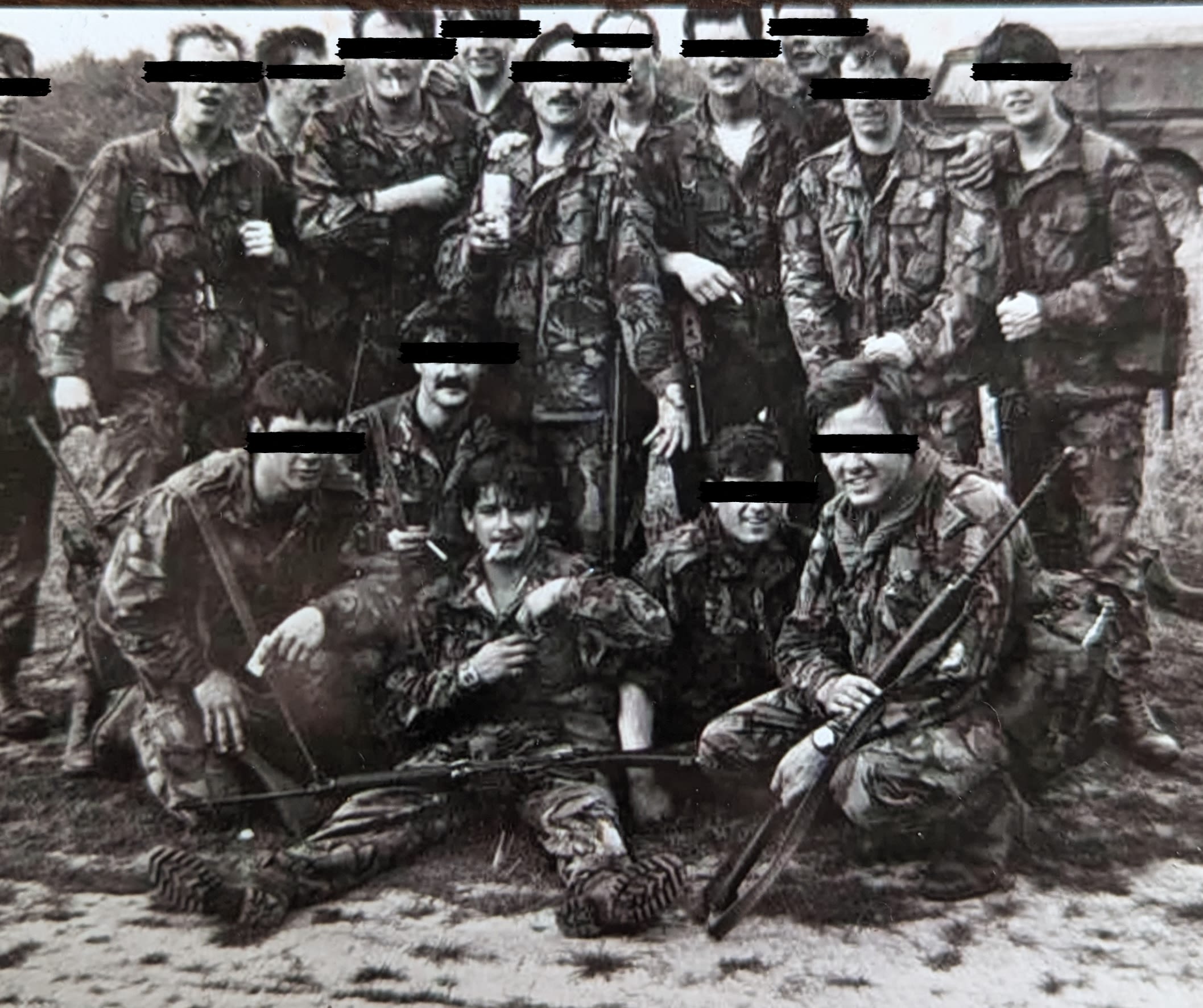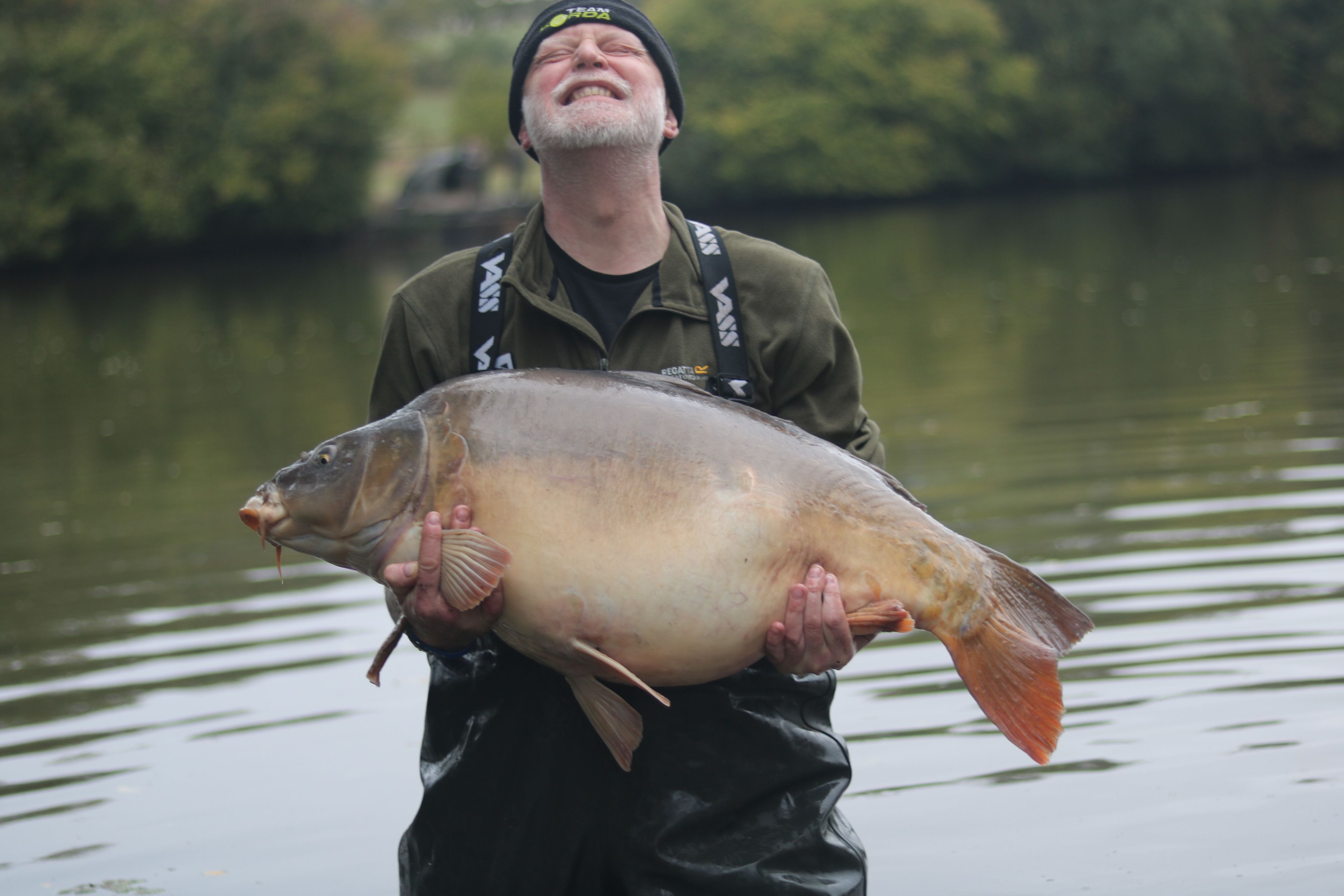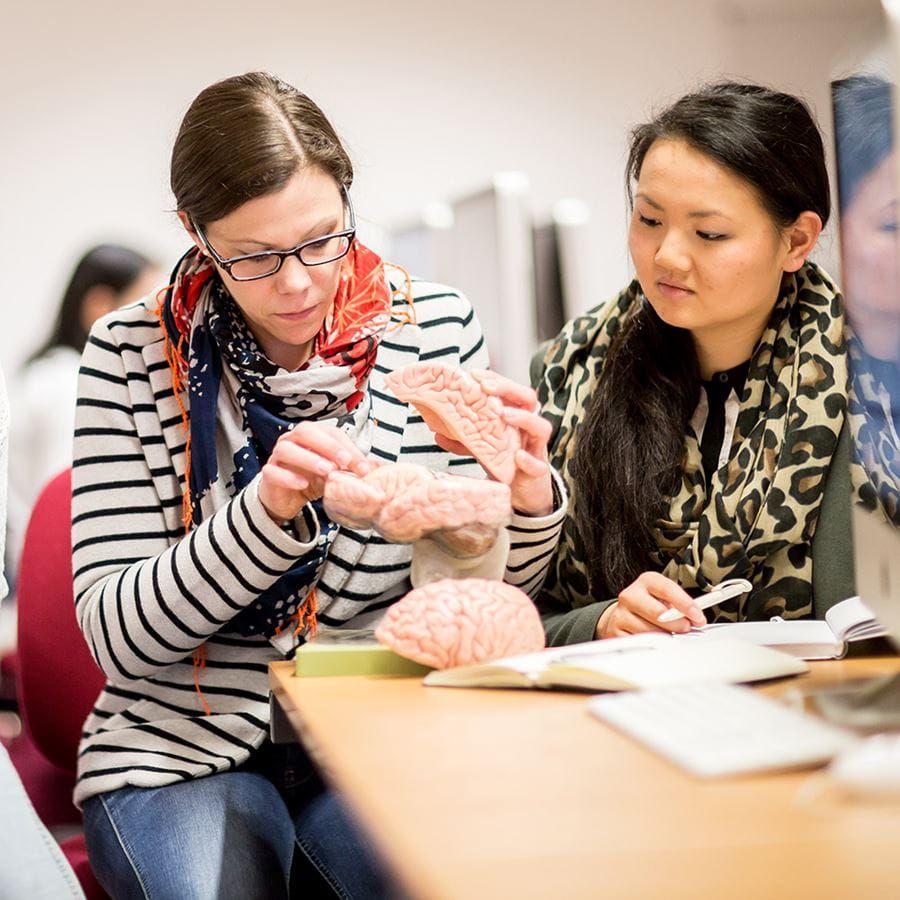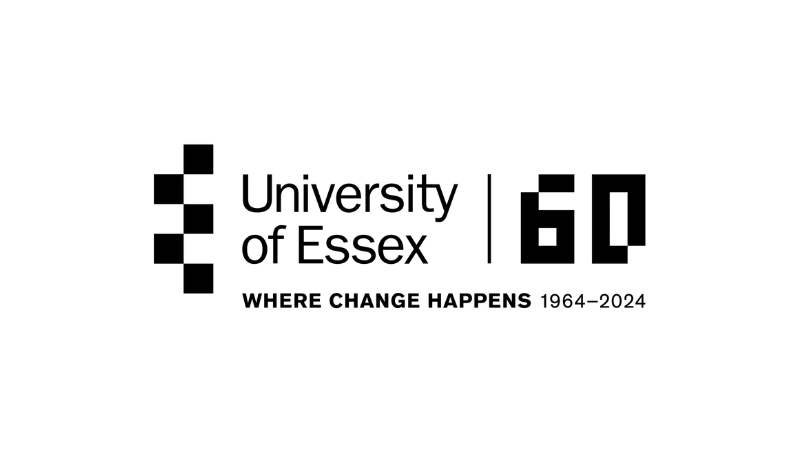Casting Away Trauma

Veterans and their loved ones’ lives are blighted by Post Traumatic Stress Disorder – forcing them to relive horrific experiences.
However, Essex psychologists have discovered the simple act of fishing can help treat this debilitating disorder – with hundreds of heroes helped back into society.
Now nearly £1m of vital funding has been awarded to this ground-breaking research with the hope of getting nature-based treatments prescribed by GPs.

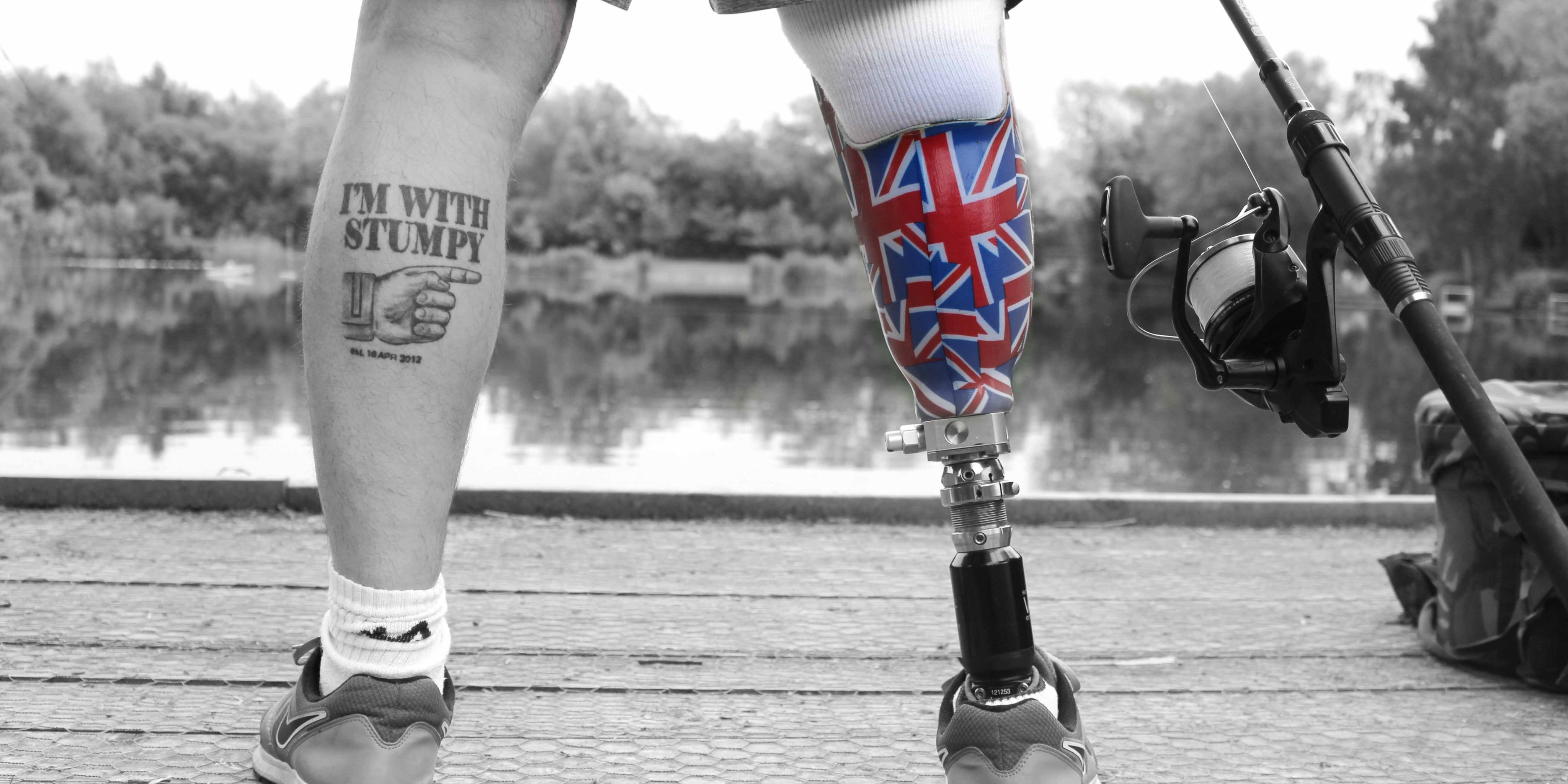
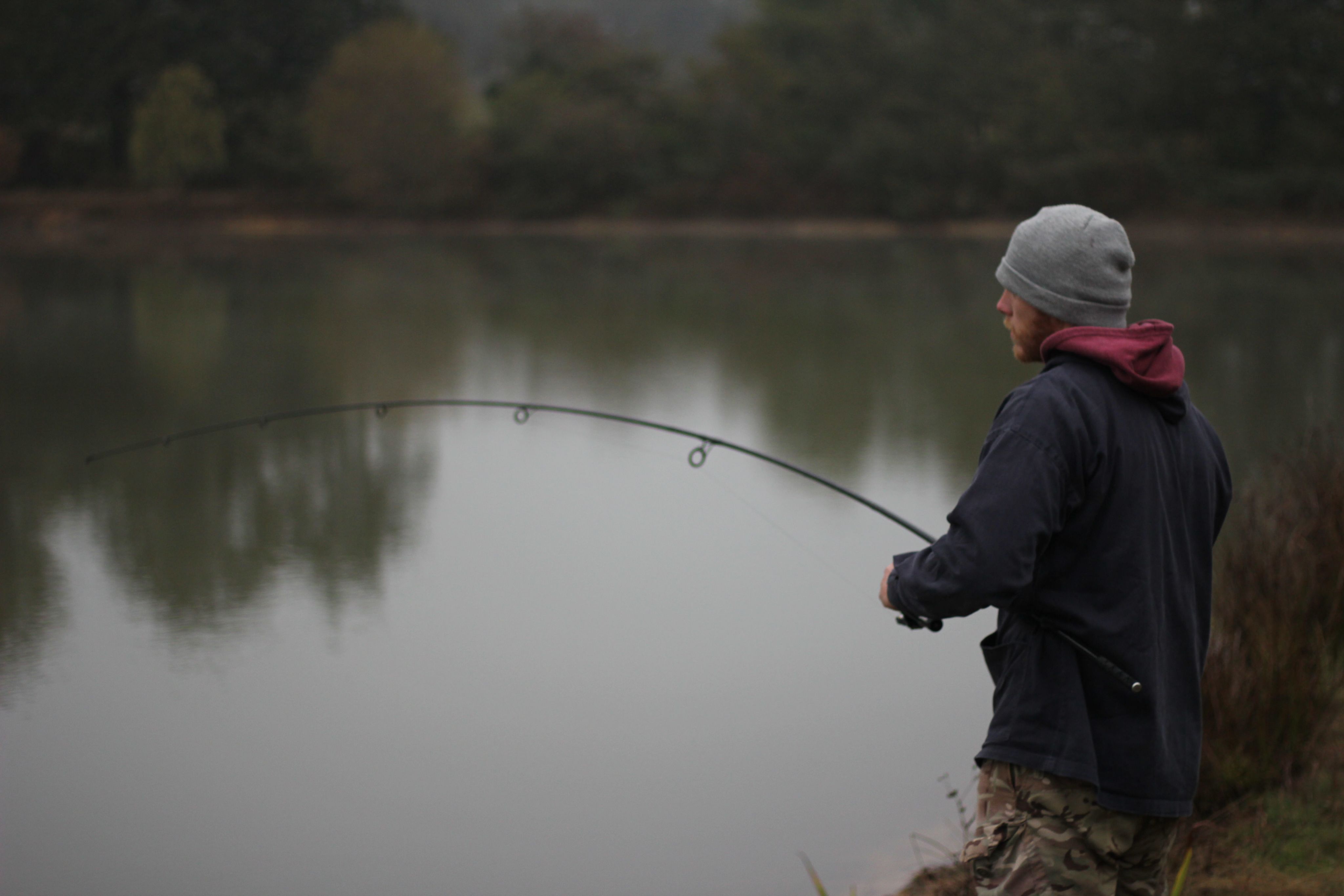
The Casting Away Trauma project sees servicemen treated by standing bankside with a rod and a line.
Now the Department of Psychology’s Dr Cooper will explore if casting a rod can aid police officers, paramedics, firefighters, and the coast guard deal with trauma.
The research has found a way to break barriers stopping veterans and other sufferers from engaging with traditional therapy.
By emphasising learning a new recreational skill rather than traditional therapy they use peer support and sessions led by a qualified recreation coach to ease the symptoms.
Their previous research took servicemen with PTSD, who had an average of 12 years military experience on a weekend fishing retreat – focussing on relaxation, socialisation and learning new skills.
The innovative intervention sparked significant clinical change in 60% of participants that also reduced depression and anxiety for a month after the trip – with wellbeing scores soaring.
It also confirmed the 30-hour, 2-day peer-support intervention can now be expanded to deliver a large-scale trial using the same methods.
What started as a chance conversation over a beer at a Christmas party has transformed into a world-leading research project that has helped hundreds.
Dr Nick Cooper and Dr Mark Wheeler’s love of fishing made them fast friends when Mark was studying for his PhD at Essex.
But it was their passion for research and desire to help some of society’s most vulnerable that led to the launch of pioneering research.
The pair have developed a unique angling nature-based treatment for post-traumatic stress disorder which is at the vanguard of policy.
Away from academic kudos – being shortlisted for the prestigious Times Higher Education Awards 2023 in the STEM Research Project of the Year category– it is now making waves outside universities.
Having already influenced European bodies the research is now being explored by UK health chiefs.
Just under £1m has been awarded to the duo’s community interest company iCarp, to explore whether angling can be prescribed on the NHS.
"We have shown that a weekend of angling has demonstrable and real impact on vulnerable veterans and can help them back into society."
Dr Nick Cooper
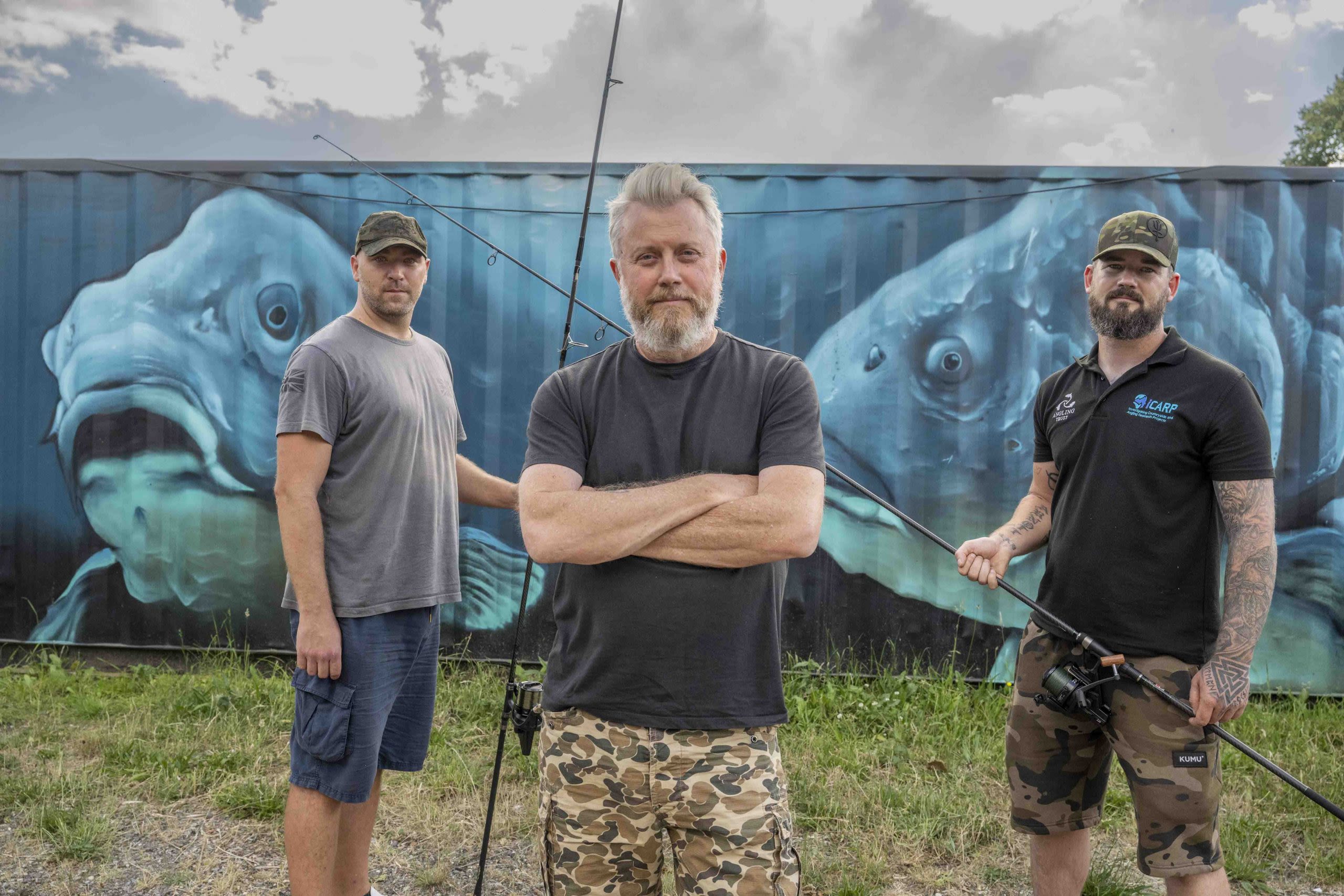
Photographed - Steven Hookham veteran and volunteer who credits the project with helping treat his PTSD
Photographed - Steven Hookham veteran and volunteer who credits the project with helping treat his PTSD
Photographed - Steven Hookham veteran and volunteer who credits the project with helping treat his PTSD
Photographed - Steven Hookham veteran and volunteer who credits the project with helping treat his PTSD
What is PTSD?
PTSD is the name given to the psychological distress suffered by someone who has experienced fear, helplessness or horror because of a traumatic event, such as a serious accident, bereavement or military combat.
Sufferers experience nightmares, intense anxiety and difficulty communicating with others
This dramatically impacts quality of life – hitting their ability to work and personal relationships.
Military veterans particularly struggle to seek support and a recent study found the rate of PTSD among UK veterans of all conflicts to be 7.4%.
The rate of PTSD among the public is 4%.
Outside of the services it’s estimated that 50-70% of people will experience a trauma at some point in their life.
And 1 in 10 people in the UK are expected to experience PTSD at some point in their lives.
"This is cutting edge stuff. If we prove coming down here reduces symptoms in the not-too-distant future it will be prescribed by your GP."
Dr Mark Wheeler
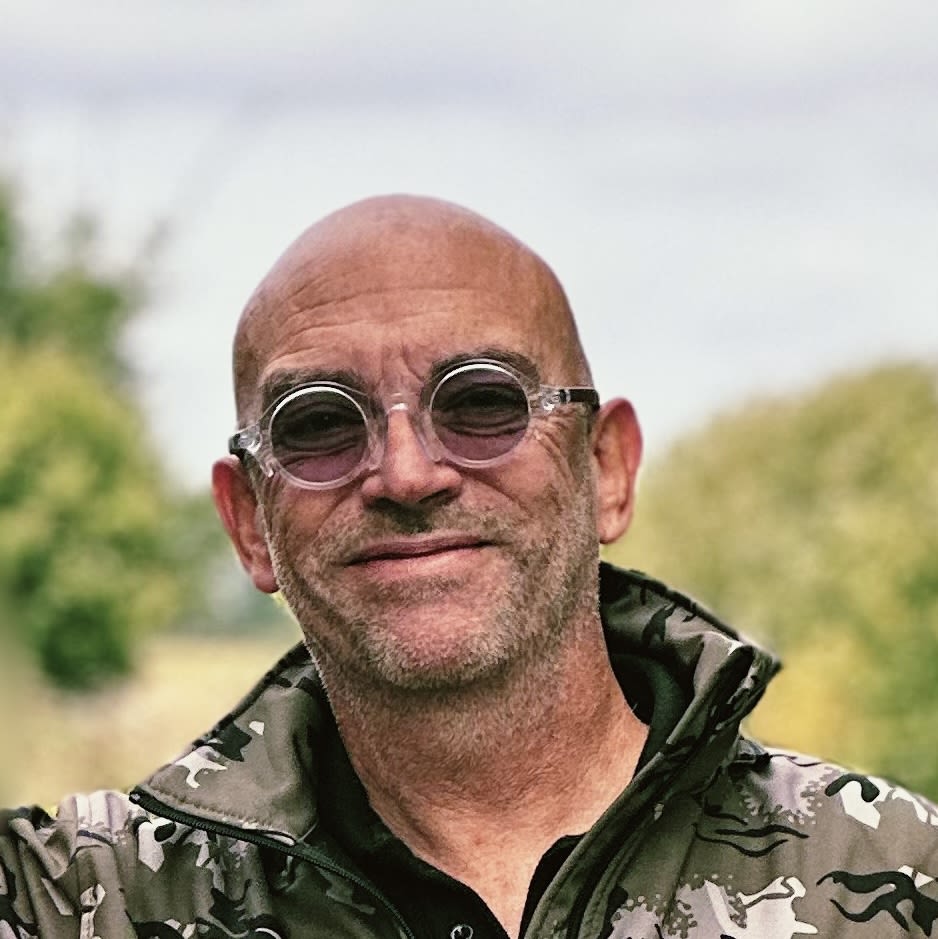

Frontline dispatch - Brian Haycock
Brian (pictured above) was diagnosed with PTSD after serving in Northern Ireland in 1977 saying “it had a big impact” on him later in his life.
Sadly, after the diagnosis came his late wife became seriously ill and he was “spiralling” through “deep, deep depression”.
He was connected with the project before his wife died and says it has helped him a "great deal".
A swim at the lake is now named after his late wife Gwen, where he often spends his days.
Now Brian works with researchers to fish with veterans and help others heal through angling.
iCarp – Lifted lakes
Building on The University’s reputation as the home of Green Exercise the project has a unique base. Nestled in the heart of the North Essex countryside, near Harwich, the project is hosted at Lifted Lakes the home of iCARP CIC.
The perfect site for anyone to get back to nature the Lakes have been a vital part in the treatment of veterans.
Set in glorious farmland in North Essex the complex comprises of three stunning lakes stocked with fish that have been donated by fish farms across the UK and the Environment Agency’s national fish farm.
As well as fishing the site also has a large number of bee hives that produce award winning honey, and rare breeds of chickens that provide amazing eggs.
Extensive landscaping and tree planting have transformed the location, with a designated wildlife sanctuary set aside to encourage diversity in the ecosystem.
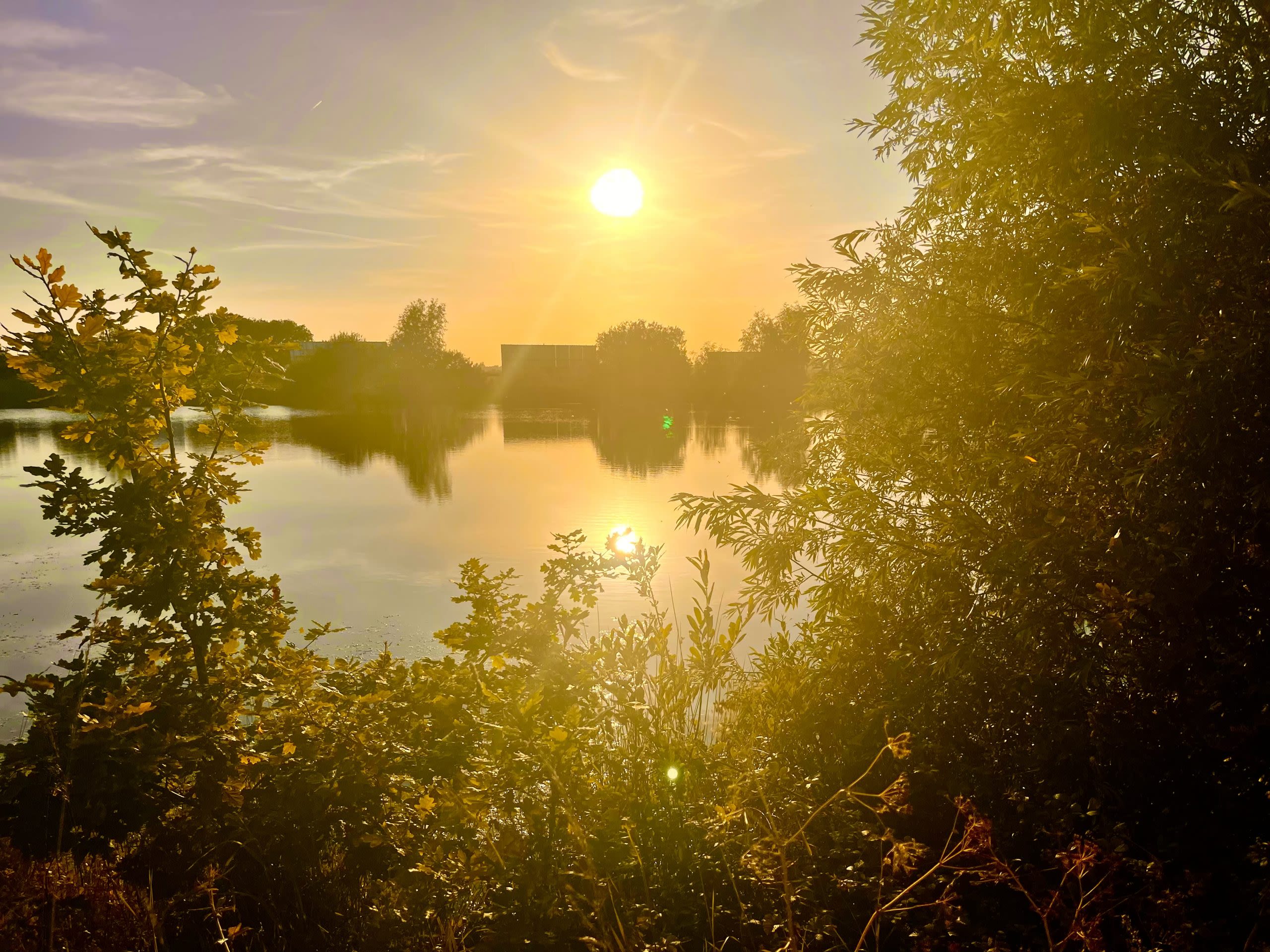
Find out more
Casting Away Trauma Research Project
Psychology at Essex
Sixty Stories
We’re celebrating 60 years of making change happen. 60 years of boldness and bravery from our students past and present. 60 years of creating change.

